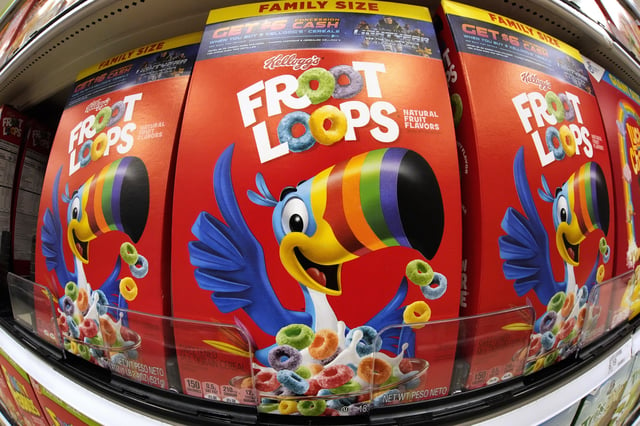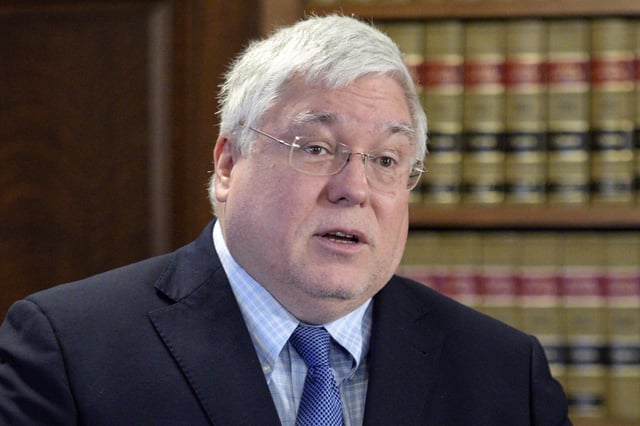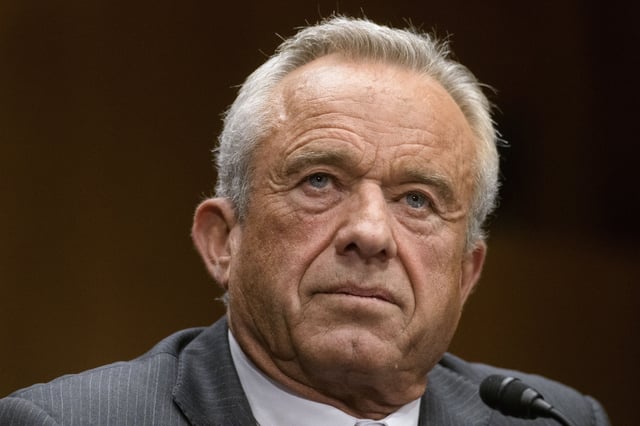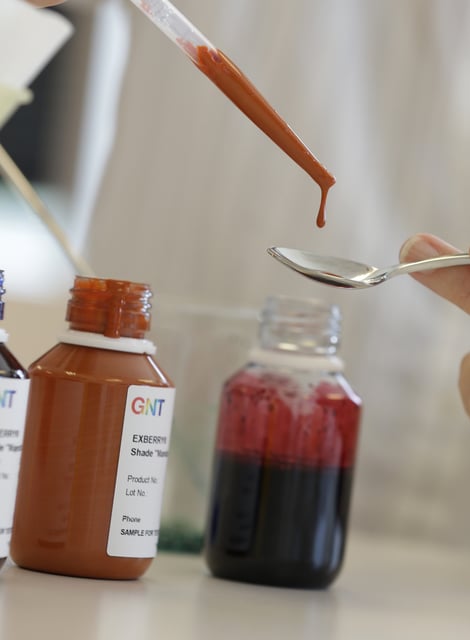Overview
- The ban prohibits seven artificial food dyes, including Red Dye No. 3 and Yellow Dye No. 5, and two preservatives, butylated hydroxyanisole and propylparaben, statewide by 2028.
- School meal restrictions on the banned additives will begin on August 1, 2025, with the full ban on all food and drugs taking effect on January 1, 2028.
- The legislation is part of the 'Make America Healthy Again' movement led by Health and Human Services Secretary Robert F. Kennedy Jr., addressing public health concerns in West Virginia.
- Critics, including the American Beverage Association, warn of increased food prices and reduced availability, potentially impacting low-income communities the most.
- West Virginia's move follows narrower bans in California and aligns with international trends, as over 20 states consider similar measures to regulate synthetic additives.



